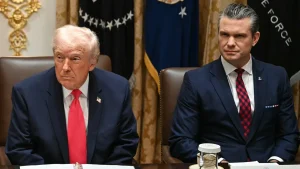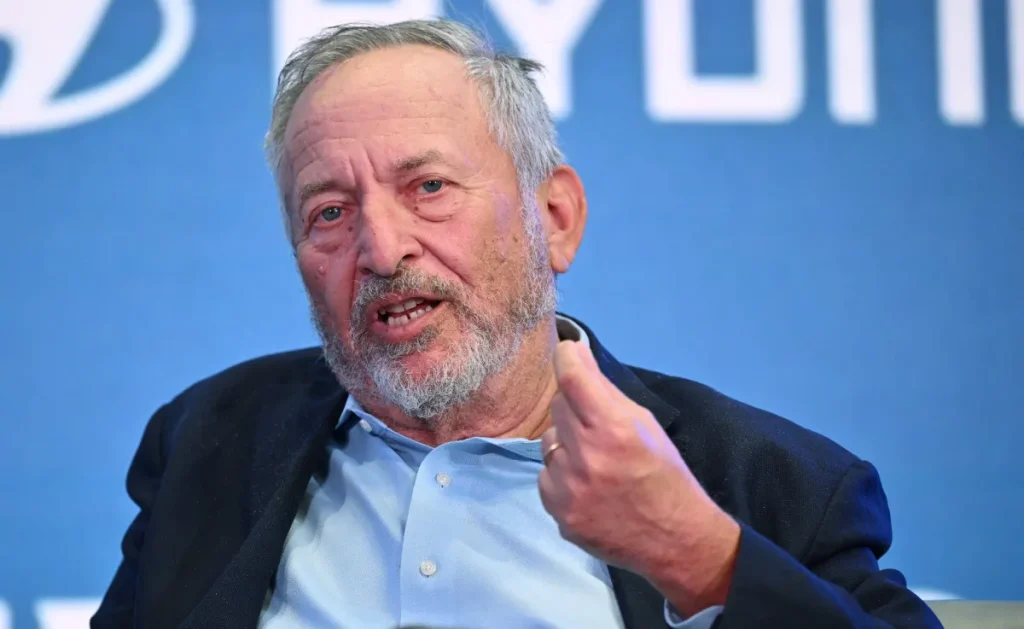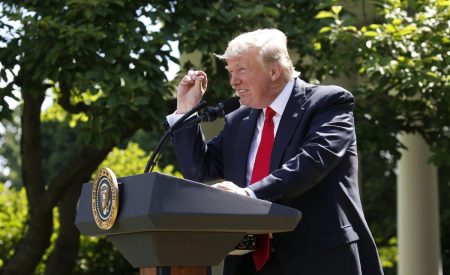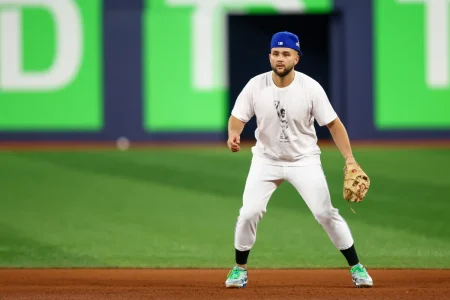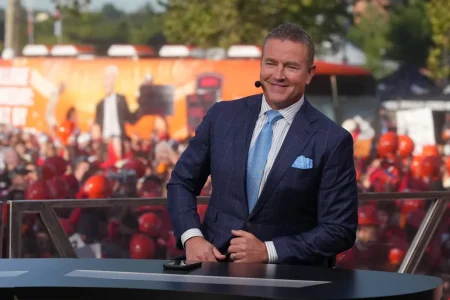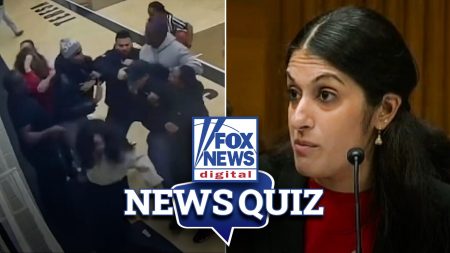Larry Summers Steps Back from Public Life Amid Epstein Connections
In a candid statement to The Harvard Crimson, former Treasury Secretary and Harvard President Larry Summers announced he would be “stepping back from public commitments” while still fulfilling his teaching obligations at Harvard. This decision comes in the wake of revelations about his continued communications with Jeffrey Epstein until July 5, 2019—just one day before Epstein’s arrest on sex trafficking charges. “I am deeply ashamed of my actions and recognize the pain they have caused. I take full responsibility for my misguided decision to continue communicating with Mr. Epstein,” Summers told the student newspaper. His statement emphasized a need “to rebuild trust and repair relationships with the people closest to me,” suggesting a period of personal reckoning following the public disclosure of these connections.
The timing of Summers’ announcement coincides with increasing scrutiny from multiple directions. President Donald Trump recently called on the Justice Department to investigate Summers in connection with the Epstein scandal, despite Trump himself having faced questions about his own past associations with the disgraced financier. Additionally, the House of Representatives is expected to vote on the Epstein Files Transparency Act, which would release case documents known as the “Epstein files.” This legislative move signals growing bipartisan interest in bringing full transparency to Epstein’s network of powerful connections. Trump has indicated he would sign the bill if it reaches his desk, potentially creating further revelations about numerous high-profile individuals who had contact with Epstein.
Summers’ extensive career spans some of the most prestigious positions in American economics and academia. He served as Treasury Secretary under President Bill Clinton from 1999 to 2001 and directed the White House’s National Economic Council under President Barack Obama from 2009 to 2010. His academic career is equally distinguished—he led Harvard University as its president from 2001 to 2006 and currently holds Harvard’s highest faculty distinction as a university professor. He also directs the Mossavar-Rahmani Center for Business and Government at Harvard Kennedy School. This extraordinary résumé makes the current controversy particularly significant, as it affects someone who has shaped economic policy and higher education in America for decades.
The revelations about Summers appear in Epstein-related documents released on November 12, though it’s important to note that Summers has not been accused of any illegal activity. The documents revealed ongoing communications between Summers and Epstein continuing until the day before Epstein’s 2019 arrest. This timeline has raised questions about Summers’ judgment, particularly given Epstein’s 2008 conviction for soliciting prostitution from a minor. While appearing in the Epstein files does not imply wrongdoing—a point that applies to many names in these documents, including Trump—the continuation of communication with Epstein after his criminal history became widely known has drawn particular criticism. The controversy highlights the complex web of relationships Epstein maintained with powerful figures across politics, academia, and business.
The situation has already prompted calls for consequences from prominent political figures. Senator Elizabeth Warren has publicly called on Harvard University to sever its ties with Summers. In a statement to CNN, Warren said, “For decades, Larry Summers has demonstrated his attraction to serving the wealthy and well-connected, but his willingness to cozy up to a convicted sex offender demonstrates monumentally bad judgement.” Her statement reflects broader concerns about accountability for those who maintained relationships with Epstein after his criminal behavior became public knowledge. The controversy also raises questions about institutional responsibility, as Harvard itself has faced scrutiny for accepting donations from Epstein, including after his 2008 conviction.
As this story continues to unfold, the broader Epstein scandal remains a volatile issue in American public life. The imminent House vote on the Epstein Files Transparency Act signals that further revelations may be forthcoming. If passed and signed into law, this legislation could release additional information about Epstein’s connections to various powerful individuals. Meanwhile, Summers’ decision to step back from public life while maintaining his teaching position represents a personal reckoning with the consequences of his continued association with Epstein. His case illustrates how the Epstein scandal continues to reverberate through institutions and individual careers years after Epstein’s death in 2019, demonstrating the long shadow cast by proximity to someone whose crimes shocked the nation.

